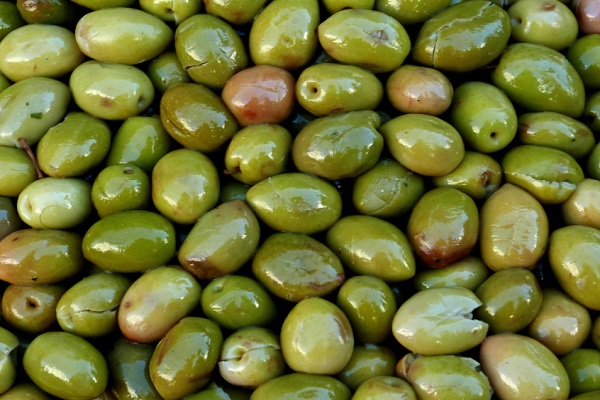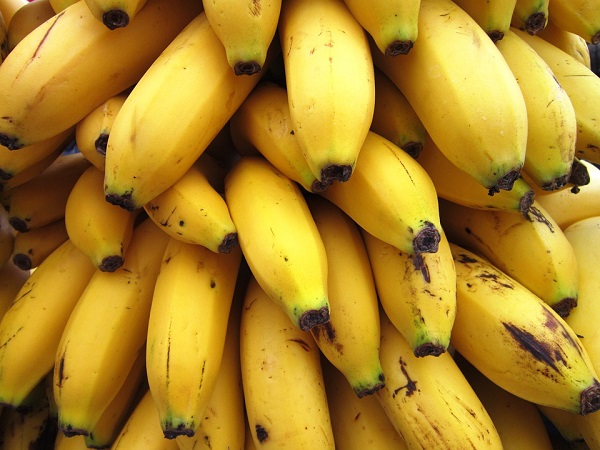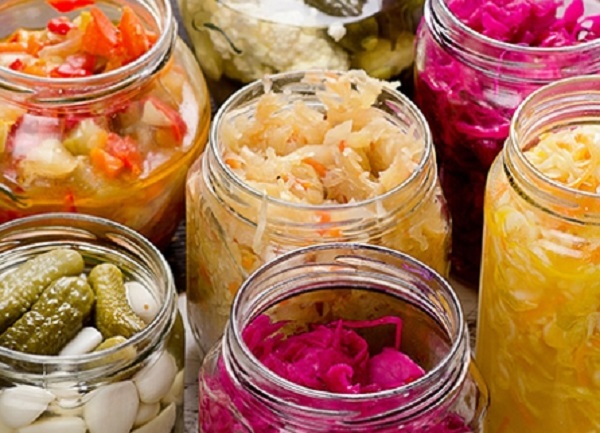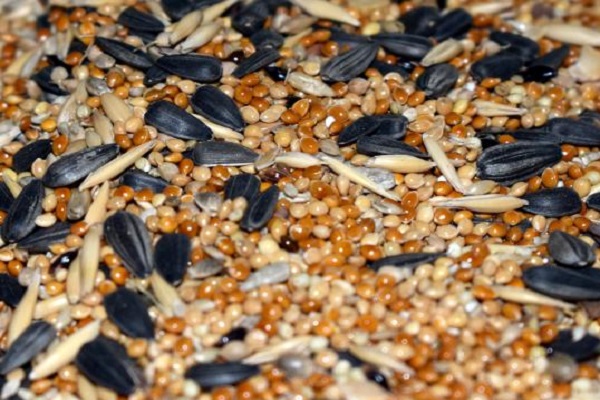Gut health is a major concern for everyone since we all suffer from one or more symptoms caused by a disruption to the normal operation of the gut. Heartburns, constipation, nausea, vomiting, diarrhoea and a bloated stomach are some of the troubles associated with poor gut health. While some of these symptoms may be caused by underlying conditions such as infection and ulcers, most of them are caused by poor dietary habits and they can be resolved by eating smarter and healthier. Though people who are suffering from issues such as nausea regularly may look to find an alternative treatment such as cannabis for nausea or vitamins that may help to calm their stomach. A sudden change in your diet or overreliance on processed foods can also cause issues in your digestive tract. Adopting these food types will improve your digestive health though.
Foods Containing Fiber
Fibre is an essential part of the whole process of digestion right from the mouth to your bowel health. The most important fibres are the soluble ones found in oats, beans, bananas, barley and carrots which regulate the speed at which sugar is absorbed into your bloodstream stabilizing it and also stabilizing your insulin levels. Fibre also helps band stool together preventing loose stools which cause diarrhoea and everything associated with that. Insoluble fibre also streamlines the movement of food through your gut all the way to the colon giving your system sufficient time to digest food and absorb nutrients effectively at each step.
Yoghurt
Your gastrointestinal health is never complete until its microbial content is addressed. Yoghurt is a great source of protein and calcium but is also carries billions of beneficial bacteria that improve digestive health. You have to ensure that the yoghurt doesn’t contain added sugars and is also labelled to contain active cultures. The live bacteria and yeast improve the balance between the biological and the chemical contents of your stomach and intestines.

Eat Less Of Fatty Foods
Fatty foods are a major cause of indigestion because fat takes longer to break down in the stomach causing your stomach to release more acid which causes acid reflux. Some people recommend eating more unsaturated fats that can be found in olives and other plant-based oils which help the body absorb soluble vitamins and also help with bowel movements. Whichever fatty foods you consume, just don’t do too much of it because they are likely to cause indigestion.
Add Leafy Greens To Your Diet
The global demand for proteins has increased over the years but the demand for green vegetables hasn’t gone up as fast. Many types of indigestion can be solved if people consumed more leafy greens with their skins because they contain a wide range of nutritional benefits as well as gut health improvement properties. The skin of the vegetables makes great fibre while the vitamins and minerals they contain are easy to break down so they don’t take too much time in your system preventing imbalance.
Adding Ginger To Your Food And Drinks
Ginger is another spice that has an incredible reputation when it comes to alleviating digestive tract disorders. You can use fresh ginger in your tea or powdered ginger as a spice to enjoy the benefits. Consuming ginger-infused foods is also beneficial. Ginger, on its own, is a source of fibre but it also releases compounds that prevent bloating in your stomach. Ginger also reduces the instances of acid reflux which is the major cause of heartburns.

Bananas
When it comes to indigestion, bananas rise way above other fruits in alleviating symptoms of acid reflux, constipation, bloating and other signs of indigestion. It is the first food recommended in the BRAT diet that is prescribed by healthcare professionals as the first remedy for indigestion. Bananas contain soluble fibre and also resistant starch that is easy on your stomach and also feeds the probiotics in your gastrointestinal system. Bananas also help prevent loose stools by banding together undigested food and absorbing water.
Whole Grain Foods
Whole wheat bread may not sound like the most palatable but is easier on your gut than the sweetened version which is flavoured with added sugar and preservatives. Whole-grain foods digest slowly and deliver a steady flow of sugar into your bloodstream which also regulates the level of digestive juices your gut releases to break down food. Steady digestion is the solution to indigestion which happens once things get broken down too quickly or too slowly. Whole-grain foods also contain fibre which is essential for the smooth flow of food through the gut and eventual stability of your bowels.

Fermented Foods
Fermentation is one of the oldest procedures for making food more nutritious and digestible in history. Fermentation enriches food with probiotics which are good for your gut lining that improves immunity and also your digestion. Fermentation also starts the process of digestion making the nutrients in foods such as milk, vegetables and fruits easy to digest. If you are lactose intolerant, drinking fermented milk will also help you escape the symptoms of indigestion you get when you drink milk and fresh dairy products.
Hydrate Properly
While eating healthy foods help improve your digestive health, the ultimate test for your digestion will come if you don’t hydrate properly. Many people consume way more sugar and salt than water that they actually need to balance out which is a major cause of constipation, acid reflux, bloating and other types of indigestion. If you don’t get the opportunity to hydrate with lots of water, then hydrating vegetables and fruits can come in handy as they pack your digestive tract with minerals, vitamins and most importantly; water.

Seeds
Chewing down on seeds is not such a tough job, but the benefits are tremendous. There are lots of seeds you can choose from but the most recommended are the ones with fibre such as fennel seeds and pumpkin seeds. The seeds are also rich in antioxidants which are good for your general health. The mineral and vitamin content of seeds is also a big reason to add them to your diet.








